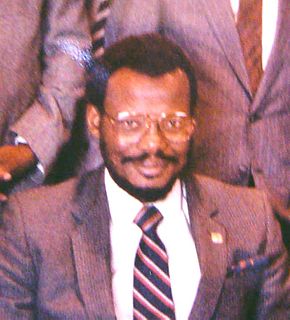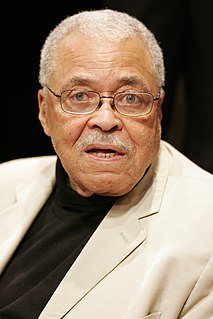A Quote by Mark Boyle
If we grew our own food, we wouldn't waste a third of it as we do today. If we made our own tables and chairs, we wouldn't throw them out the moment we changed the interior decor. If we had to clean our own drinking water, we probably wouldn't contaminate it.
Related Quotes
We had our wheat. We made our own olive oil. We made our wine. We had chickens, ducks; we had sheep, cows, milk. So I was raised in a very simple situation but understanding really food from the ground... the essence of food and the flavors. And those memories I took with me, and I think that they lingered on.
We are not made up, as we had always supposed, of successively enriched packets of our own parts. We are shared, rented, occupied. At the interior of our cells, driving them, providing the oxidative energy that sends us out for the improvement of each shining day, are the mitochondria, and in a strict sense they are not ours.
Perhaps the most significant thing a person can know about himself is to understand his own system of values. Almost every thing we do is a reflection of our own personal value system. What do we mean by values? Our values are what we want out of life. No one is born with a set of values. Except for our basic physiological needs such as air, water, and food, most of our values are acquired after birth.
Heroes are necessary in order to enable the citizens to find their own ideals, courage and wisdom in the society. The hero carries our hopes, our aspirations, our ideals, our beliefs. In the deepest sense the hero is created by us; he or she is born collectively as our own myth. This is what makes heroism so important: it reflects our own sense of identity and from this our own heroism is molded.
We had our own civilization in Africa before we were captured and carried off to this land. We smelted iron, danced, made music and folk poems; we sculpted, worked in glass, spun cotton and wool, wove baskets and cloth. We invented a medium of exchange, mined silver and gold, made pottery and cutlery, we fashioned tools and utensils of brass, bronze, ivory, quartz, and granite. We had our own literature, our own systems of law, religion, medicine, science, and education.

































